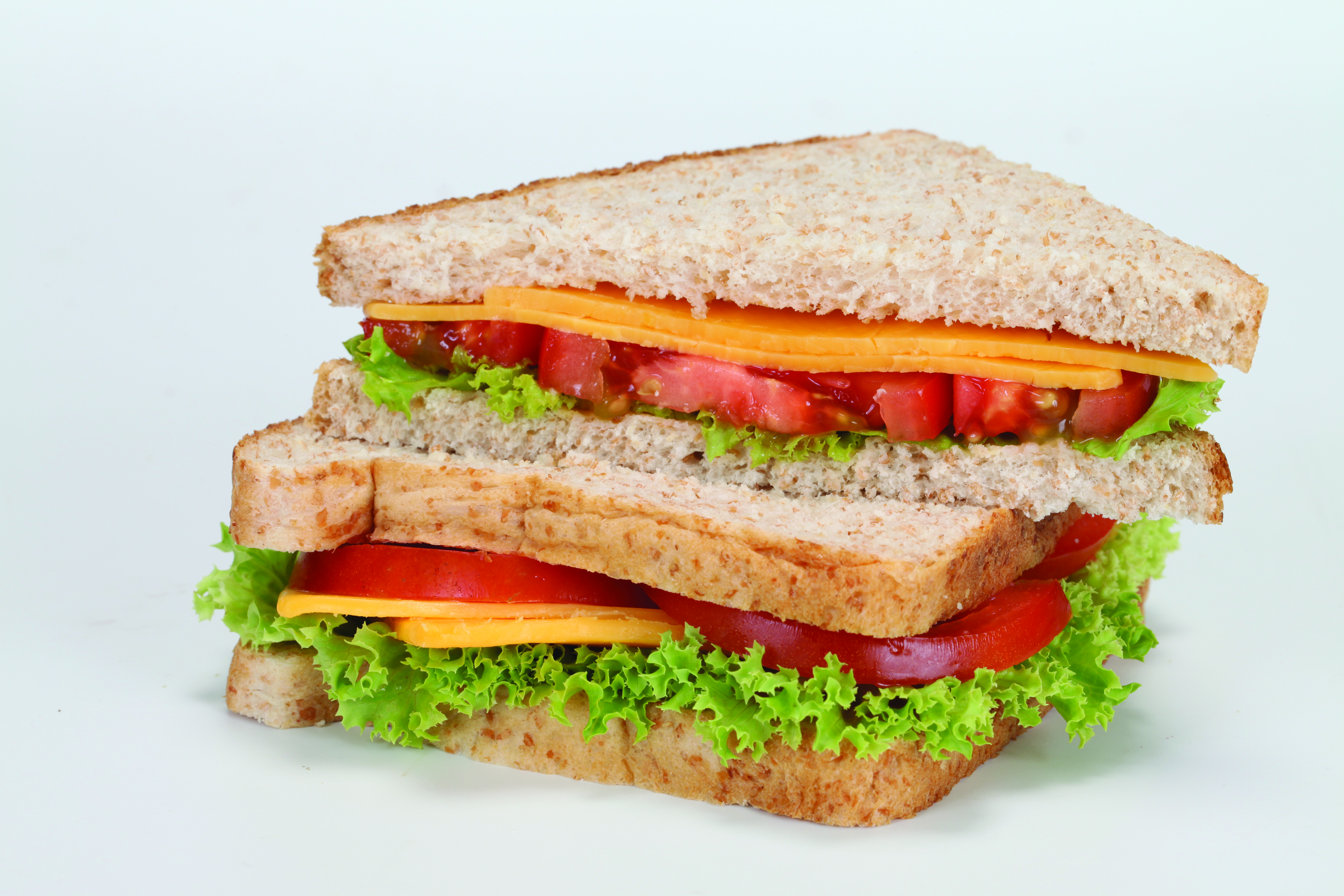Bread is one of the most consumed foods in South Africa. The South African food-based dietary guidelines recommend that we make starchy foods, such as brown and wholewheat bread, part of most meals.
The Health Benefits of Brown and Wholewheat Bread
Starchy foods like bread, rice, cereal and maize meal are sources of carbohydrates. Carbohydrates are the body’s first choice as a source of energy. The brain, nervous system and red blood cells exclusively use glucose (the breakdown product of carbohydrates) for energy, making some carbohydrates vital as part of our diet.
Interestingly, 3 in 4 people in South Africa think that eating bread can make you fat. Yet brown and wholewheat bread are low in fat and free from cholesterol, with one slice of brown bread containing the same energy (kilojoules) as one medium apple. The bread flour used to make brown bread contains vitamins and minerals specifically added to improve the nutritional quality of the bread. These include vitamin A, B1, B2, B6, niacin, folic acid, iron and zinc. Bread provides meaningful contributions of nutrients you want to eat more, minimal amounts of nutrients to limit, such as sugar, salt and fat.
A Focus on Fibre
Carbohydrate-rich foods are also the biggest source of fibre in our diets. Fibre does far more than just keep us regular: it is involved in a wide range of health benefits. High fibre carbohydrates like wholewheat bread help maintain a healthy gut, have cholesterol-lowering benefits, and help decrease our risk of diabetes, colon cancer, stroke, and heart disease. Foods rich in fibre tend to be low in energy too, assisting with weight loss. Fibre-rich foods are naturally nutrient-rich, too, boosting our nutrient intake for an overall healthier diet.
Men need 38g of fibre per day and women need 25g of fibre per day. Unfortunately, many South Africans fall short of their recommended fibre needs for the day. Eating brown bread can be a way to help make up our fibre shortfall. Eating two slices of brown bread per day gives us almost 20% of our daily fibre needs.
Registered dietitian Monique Piderit advocates that bread is an easy and convenient food to have at any time of the day: breakfast, lunch, dinner, or as a quick and easy snack. A healthy homemade sandwich can be a great vehicle for delivering nutrients, while contributing about 10% of your carbohydrate needs for the day, making it a win-win situation to include brown and wholewheat bread as part of your diet.


